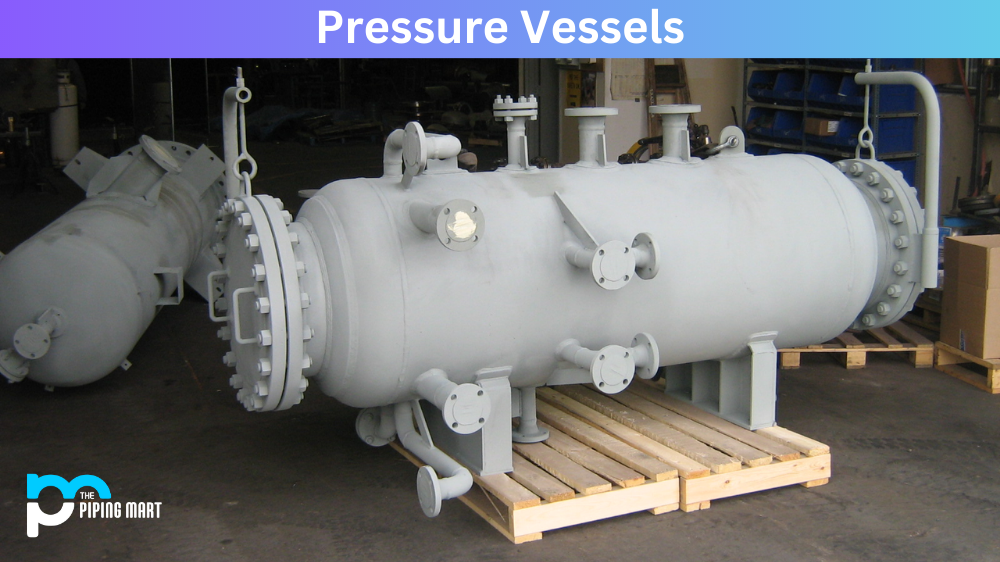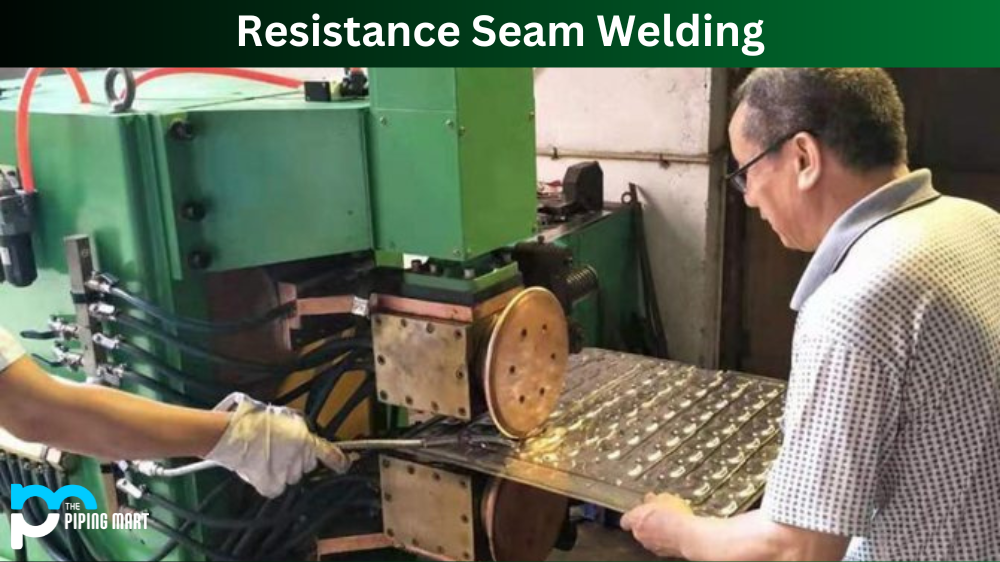Pressure vessels are critical components of several industrial applications, most notably in the oil and gas, pharmaceutical, chemical, and petrochemical industries. These vessels, designed to contain high-pressure liquids and gases, come in different shapes and sizes, each with unique characteristics and applications. Understanding the various types of pressure vessels available in the market can help you make informed decisions about the kind that best suits your application. This article will explore some of the most common types of pressure vessels available in the market.
Types of Pressure Vessels
Vertical Pressure Vessels
Vertical pressure vessels are the most common type used in industries today. These vessels have a vertical orientation and are designed to contain fluids or gases at high pressures. They come in various sizes and shapes, including cylindrical, spherical, and rectangular. The vessels are usually made of stainless steel or carbon steel and are used in several applications, including water treatment and energy generation.
Horizontal Pressure Vessels
As the name suggests, horizontal pressure vessels have a horizontal orientation and are used in applications where vertical containers are not feasible. These vessels come in various shapes and sizes, including cylindrical, oval, and rectangular. They are usually used in applications where space is limited and commonly used in chemical and petrochemical industries.
Storage Pressure Vessels
Storage pressure vessels are designed to store gases and liquids at high pressure. These vessels are typically made of steel and are used in various industries, such as chemical processing, petroleum refining, and food production. Valves control the pressure inside the vessel, and the container must be built to withstand high-stress levels to ensure safety. The use of storage pressure vessels has revolutionized many industrial processes, allowing for better efficiency and improved product quality. A pressure vessel can provide the necessary storage solution if you require storage for gases, liquids, or other materials.
Spherical Pressure Vessels
Spherical pressure vessels are relatively uncommon and used in high-pressure liquids or gas storage applications. These vessels have a spherical shape, which provides excellent stability and uniform distribution of pressure. They are typically used in the oil and gas industry, particularly in the refining, processing, and storing of liquefied petroleum gas.
Reactors
Reactors are a type of pressure vessel used in the chemical and pharmaceutical industries. They are designed to contain chemical reactions at high pressures and temperatures. Reactors come in various shapes and sizes, including cylindrical, conical, and spherical. They are usually made of stainless steel or special alloys to withstand the harsh chemical and temperature environments.
Cryogenic Pressure Vessels
Cryogenic pressure vessels store gases at shallow temperatures, typically -150°C or lower. These vessels come in various shapes and sizes and have specialized insulation to prevent heat transfer. Cryogenic pressure vessels are used in healthcare, food storage, and the chemicals industry.
Process Pressure Vessels
Process pressure vessels are essential to many industrial processes, serving as containers designed to hold gases, liquids, and other materials under pressure. These vessels are constructed from various materials, including stainless steel, carbon steel, and high-strength alloys. They feature safety systems such as relief valves and pressure gauges to ensure they function safely and effectively. Process pressure vessels play an indispensable role in various industries, from chemical processing to oil and gas production.
Conclusion
Pressure vessels are essential components in several industrial applications globally. The use of pressure vessels requires careful consideration of the various types available, and selecting the suitable vessel for your application requires thorough research. This article has discussed some of the most common types of pressure vessels in use today. Remember that selecting the suitable pressure vessel can save you time and money and, most importantly, ensure the safety of your staff and equipment.

A passionate metal industry expert and blogger. With over 5 years of experience in the field, Palak brings a wealth of knowledge and insight to her writing. Whether discussing the latest trends in the metal industry or sharing tips, she is dedicated to helping others succeed in the metal industry.




